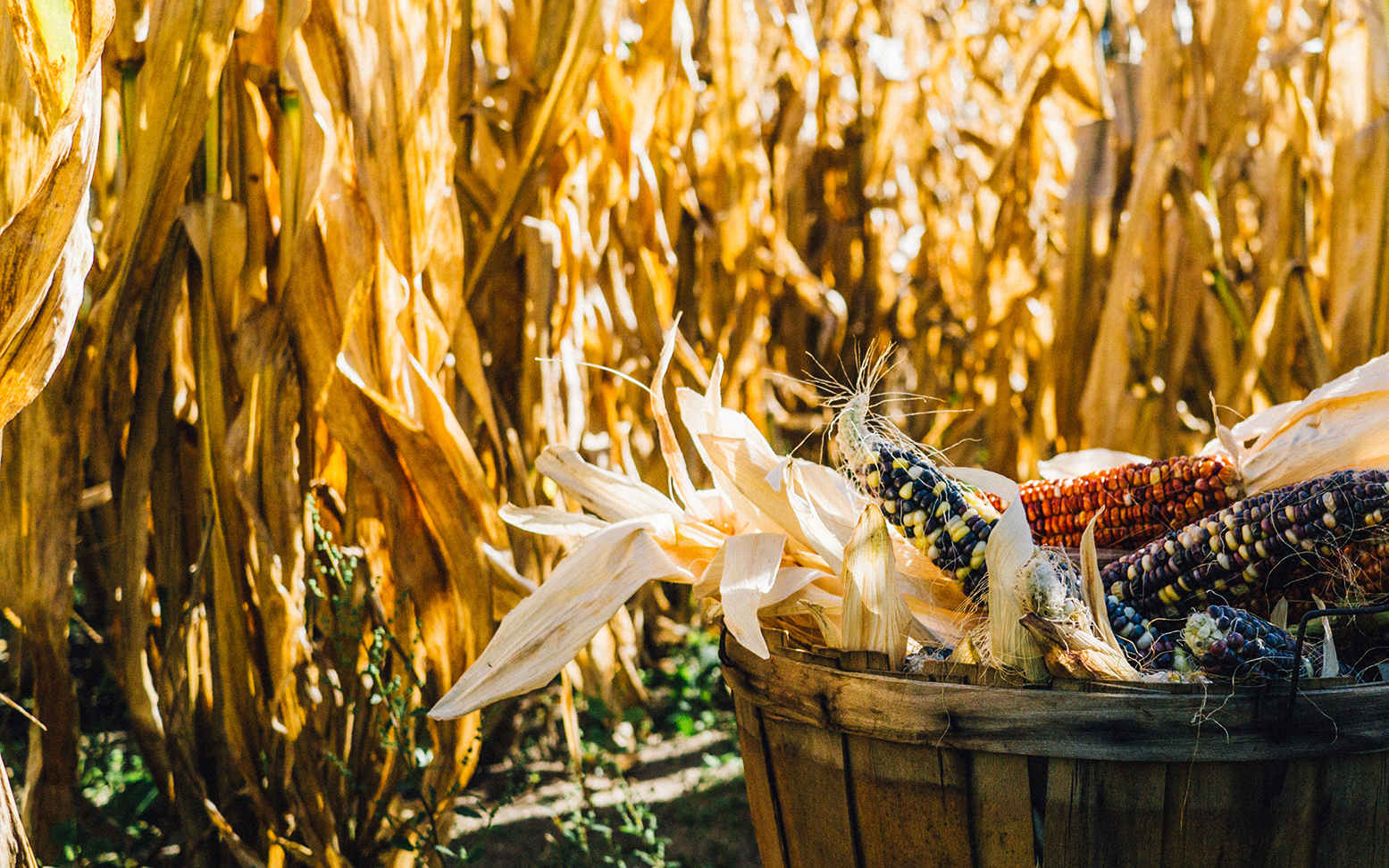Thanksgiving is just around the corner with the turkey, dressing, mashed potatoes, and all the trimmings. It is a national holiday America takes pride in and one that is intricately woven into the very fabric of American identity. But in recent times, it appears the substance of the holiday has been watered down or replaced altogether in order to appease perceived social sensitivities.
In general, children at school are taught an entirely different Thanksgiving story than the one their grandparents grew up understanding. The Pilgrims are no longer seen as staunchly faithful pillars of Christian ideals, nor are the Wampanoag natives portrayed as helpful and willing friends of the Pilgrims in times of trouble.
Stephen McDowell, President of the Providence Foundation and celebrated author, spoke to Engage Magazine about this decline in honesty and watering down in regards to the true story of the Pilgrims and the first Thanksgiving.
EM: What is the greatest threat today to the truth about the Pilgrims and their history?
McDowell: While some books and educators directly lie about the Pilgrims and their primary Christian motive for their starting a new colony in America, the greatest threat to the truth about their story is what is left out when their story is told. Revisionist history gives a false picture of these devoted Christians. For example, one elementary public school textbook gives thirty pages to present the story of the Pilgrims without once [making] any reference to religion; thus at the end of [the Pilgrim’s] first year, they “wanted to give thanks for all they had.” But there is no mention of the fact it was God they were thanking.
Teaching the Pilgrims without referencing God causes people to think that Christianity was not important to them. Revisionist history is a primary reason for the secularization of America. People are taught our history without mentioning Christianity, or if it is, it is often presented in a negative light, when in reality it is the most important influence in the birth, growth, and development of the nation.
EM: Why is it important that we remember and pass on the truth about the Pilgrims?
McDowell: The Pilgrims’ story teaches us many lessons. We learn of the great sacrifice they paid to exercise their freedom of religion and to plant the early seeds of our nation. Half of them died the first winter after arriving at Plymouth, and most of the others suffered from sickness and hunger. All were so sick only six or seven could get out of bed, but these toiled night and day to assist their brethren. In the words of Bradford they “fetched them wood, made them fires, dressed them meat, made their beds, washed their loathsome clothes, clothed and unclothed them; in a word, did all the homely and necessary offices for them which queasy stomachs cannot endure to hear named; and this willingly and cheerfully, without any grudging in the least.” Their care for one another reveals their Christian character and practical love, “a rare example and worthy to be remembered.”
Their motive to spread the gospel is evident from Bradford’s words (which are inscribed on his monument in Plymouth): “A great hope and inward zeal they had of laying some good foundation, or at least to make some way thereunto, for the propagating and advancing of the Gospel of the kingdom of Christ in those remote parts of the world.”
EM: What is the most important aspect of the Thanksgiving story that parents can teach their children?
McDowell: The most important thing parents can teach their children about the Thanksgiving story is the most obvious. We call it Thanksgiving for a reason. Our Pilgrim forefathers, who are reflective of most of the founders of America, were firmly devoted to Almighty God and His Son Jesus Christ. In recognition of His gracious hand upon them, they set aside regular public days to give thanks and glorify Him. This was not done merely once or twice but regularly throughout their entire lifetimes. They set an example that was followed by those who came after them, even up until today. Throughout most of our history, Americans understood thanksgiving days were to thank God. The Pilgrims’ love and devotion to God, and their reliance upon Him in abundance and lack, are evidenced not only by their private lives but also by their public days of thanksgiving.
So this Thanksgiving, amid the turkeys (or other meals), great sales, and all the other distractions, make sure to take time for meditating on the never-ending love and grace of God.






